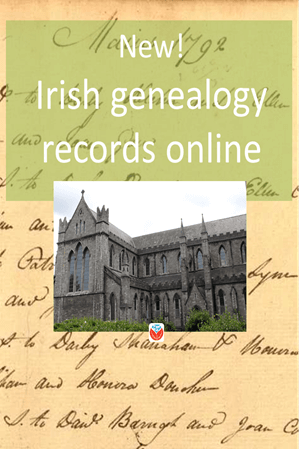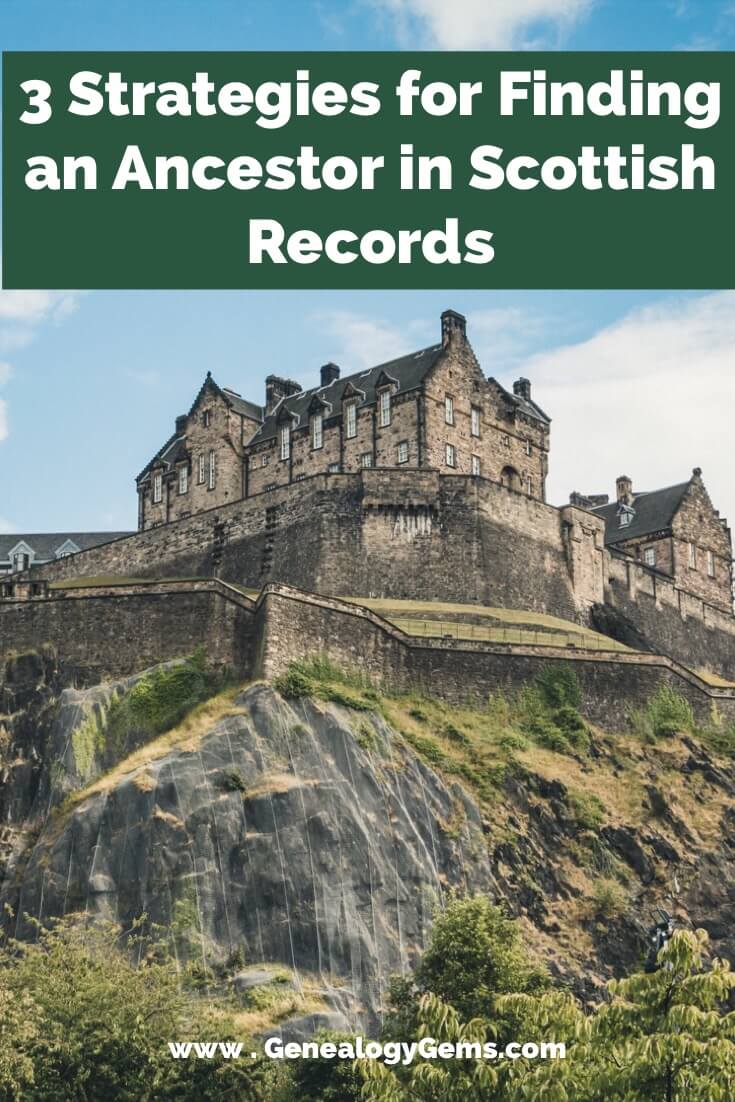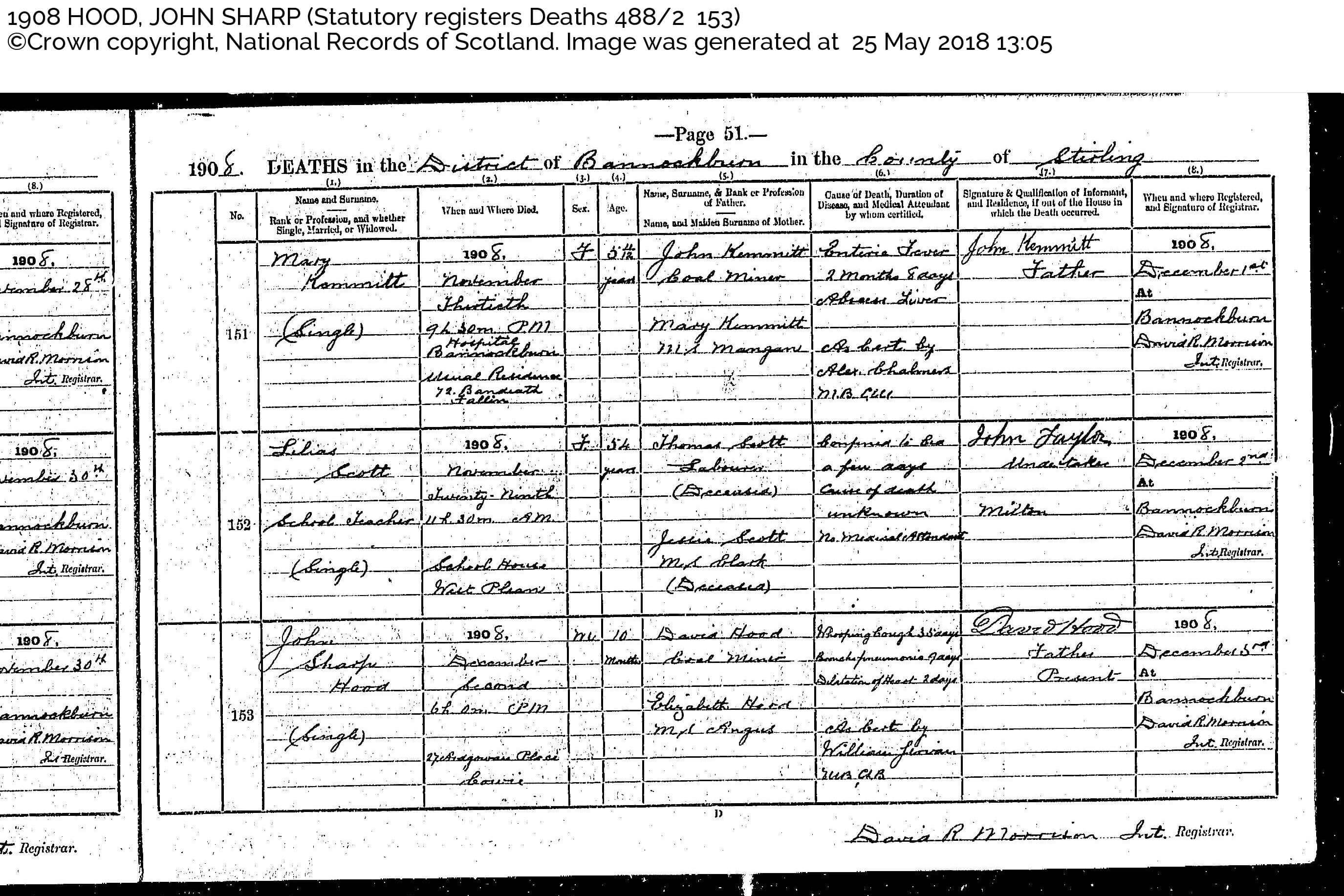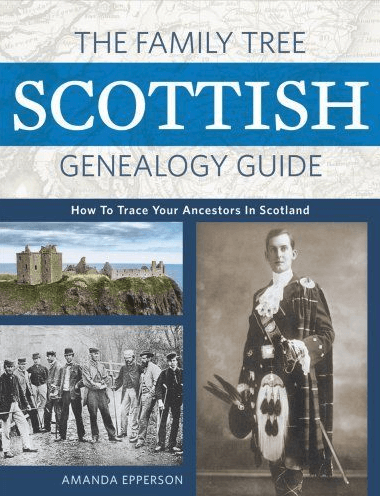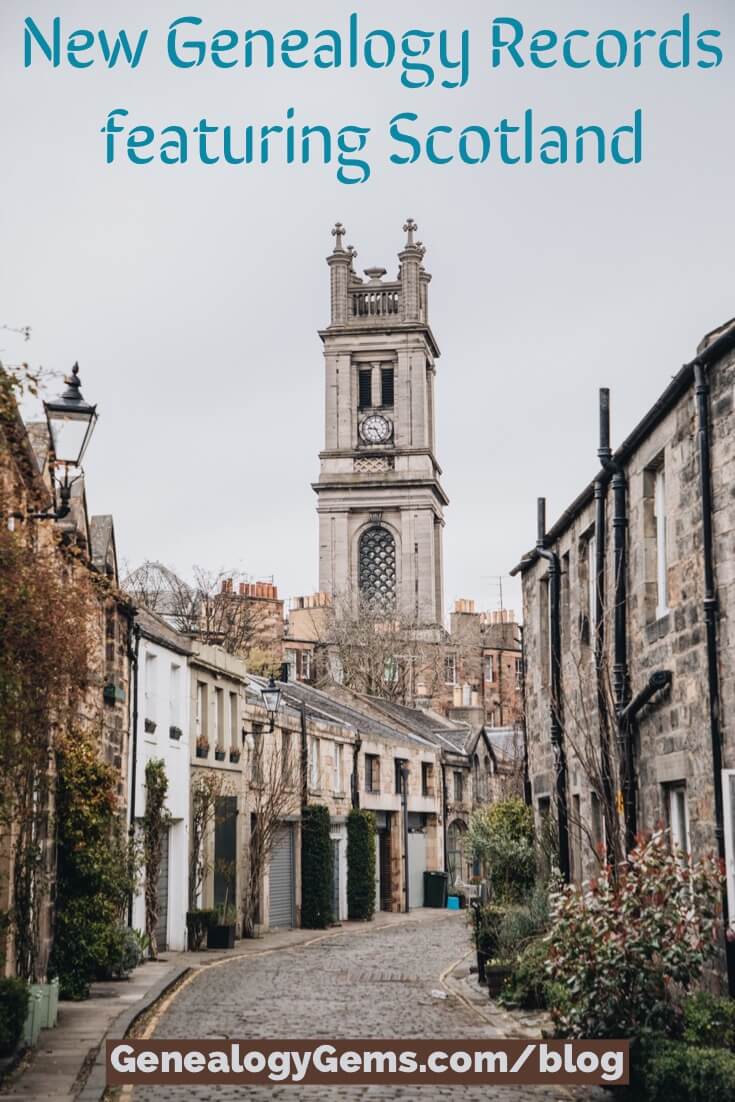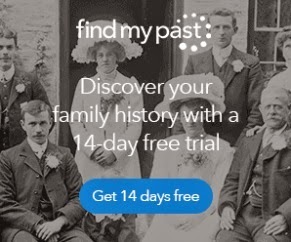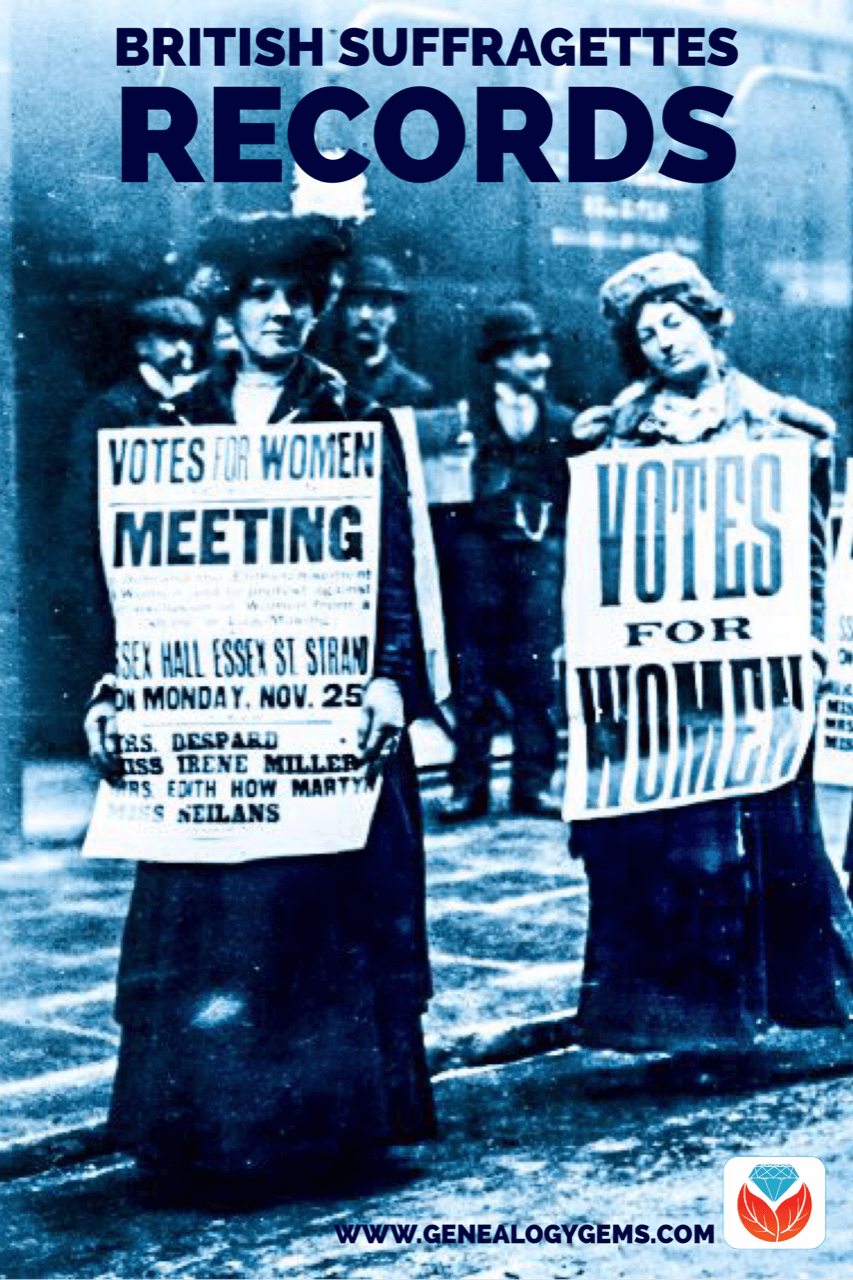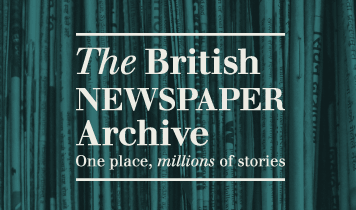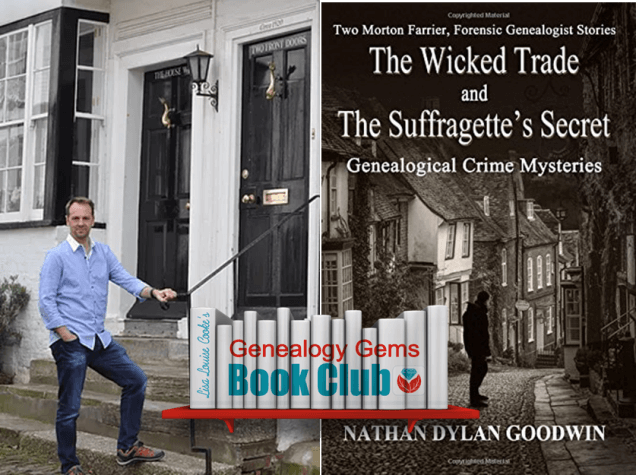Find Your Ancestors in the Scotland Census Now at FamilySearch
Is that the sound of bagpipes? It might be, because the Scotland 1901 Census is now available at FamilySearch! Learn more about what you’ll find in this collection and get top tips from a Scottish genealogy expert on how to find your ancestors is in Scottish records. Then we head over to Central and South America for exciting new and updated genealogy collections for the Bahamas, Panama, and Brazil.
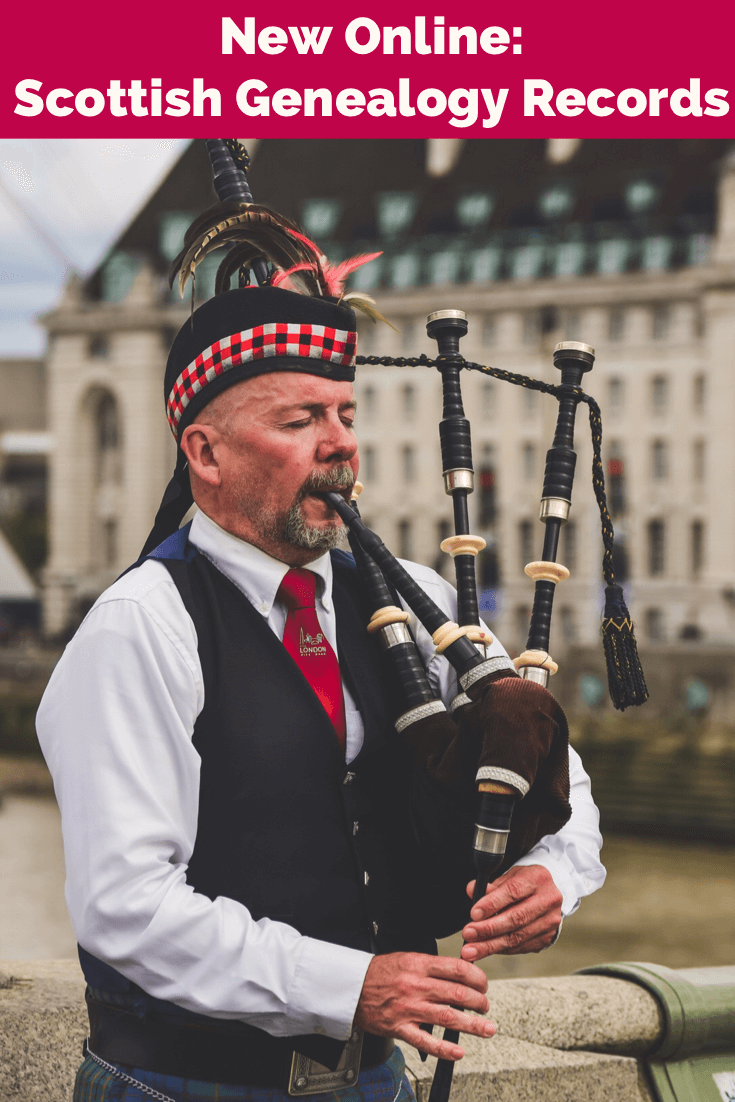
Scotland Census Now at FamilySearch
Does your family tree have roots in Scotland? You’re in luck! You can now search for your tartan-clad ancestors for free at FamilySearch! The Scotland Census, 1901 contains almost 4.5 million records for those living in Scotland on Sunday March 31, 1901.
“These records are comprised of Enumeration forms that were distributed to all households before the census night and the complete forms were collected the next day by the enumerators. Included in this series are returns from ships of the Royal Navy at sea and in ports abroad.
Click here to search these records at FamilySearch now.
This collection is also available on Findmypast. If you have a subscription to Findmypast, you can access the 1901 census that includes Scotland, England, and Wales. Click here to search at Findmypast.
UPDATE: The original FamilySearch press release contained incorrect information about the source of the 1901 census records. Visit the National Records of Scotland website here for more information about the 1901 census.
According to the National Records of Scotland website, they hold records of the census of the population of Scotland for 1841 and every tenth year thereafter (with the exception of the wartime year of 1941 when no census was taken) and of the sample census of 1966. Census records are closed for 100 years under the Freedom of Information (Scotland) Act 2002.”
3 Strategies for Finding an Ancestor in Scottish Records
If your love of tartan, bagpipes, and kilts equals your love of family history research, you are likely hoping to find an ancestor who was born in Scotland. Or perhaps nothing would surprise you more than to find a Scottish ancestor. In either case, the next step is to find this ancestor in Scottish records.
As with all immigrants, the first step to finding them in their homeland is to research their lives extensively in America before searching for them in Scottish records. Scottish genealogy expert Amanda Epperson, PhD joins us here on Genealogy Gems to share some of her top strategies to help you find your ancestors in Scottish records. Click here to read more!
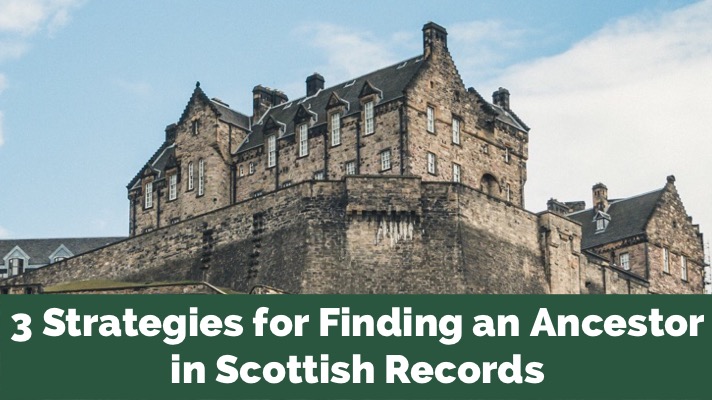
New Genealogy Records for the Bahamas
Findmypast has been making major strides in expanding its collection to include rare and underrepresented records. The newest addition is the Bahamas Birth Index 1850-1891. Discover your Bahamian ancestors in this online index of registered births from the British Crown Colony of The Bahamas.
Birth records are essential to expanding your family tree. There are tens of thousands of records in this collection, giving information not only about relatives born in the Bahamas but also their parents. Click to search the Bahamas Birth Index 1850-1891.
Panama Records Indexes
Three new indexes containing just under half a million vital records from the Republic of Panama have recently joined Findmypast’s growing collections of international records. There are now four collections for Panama:
- Panama Baptism Index 1750-1938
- Panama Death Index 1840-1930
- Panama Marriage Index 1800-1950
- Gorgas Hospital Panama Canal Mortuary Registers 1906-1991
These new additions consist of baptisms, marriages and deaths spanning the years 1750 to 1950 and will generate hints on Findmypast family trees. (Learn more about Findmypast’s new tree hinting feature by clicking here.)
Brazil Civil Registrations
FamilySearch has a new genealogy collection for South America: Brazil, São Paulo, Civil Registration, 1925-1995. Boasting nearly 2 million records, this data set includes births, marriages, deaths, and indexes created by various civil registration offices in the state of São Paulo. Some of these records have been indexed and are searchable as part of this collection. Additional images and indexed records will be published as they become available.
These records are in Portuguese so you may want to take a look at these resources for help with these records:
Bring genealogy records to life with Google Earth!
Genealogists love making discoveries in records, but the excitement of documents doesn’t exactly translate to the non-genealogists in your family. Capture your family’s imagination by telling their family history story with Google Earth. See how easy it is to turn the genealogical information you’ve collected into compelling multi-media stories. These tours will help everyone in your family appreciate your genealogical research and protect as a legacy for generations to come. Enjoy!
About the Author: Lisa Louise Cooke is the producer and host of the Genealogy Gems Podcast, an online genealogy audio show and app. She is the author of the books The Genealogist’s Google Toolbox, Mobile Genealogy, How to Find Your Family History in Newspapers, and the Google Earth for Genealogy video series, and an international keynote speaker.
Disclosure: This article contains affiliate links and Genealogy Gems will be compensated if you make a purchase after clicking on these links (at no additional cost to you). Thank you for supporting Genealogy Gems!

